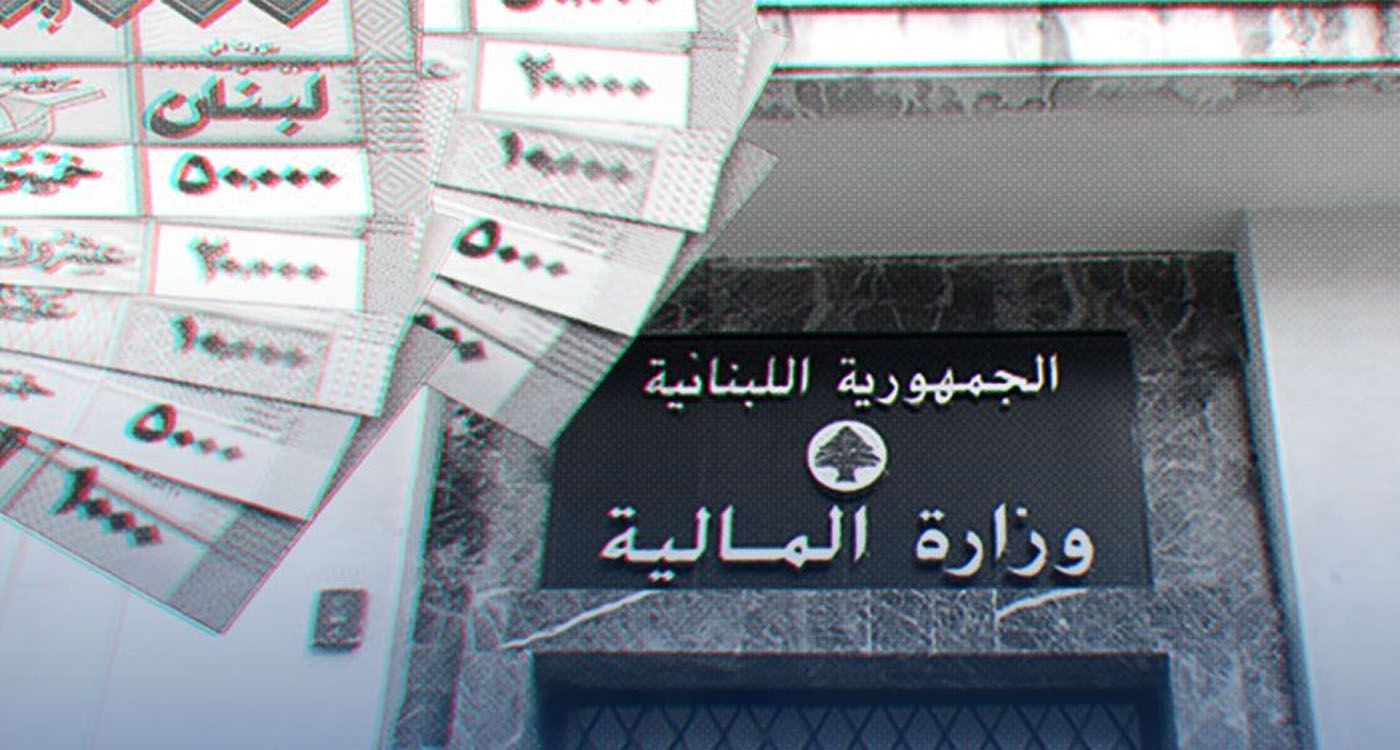
For 2026, the Finance Minister has promised a deficit-free budget, with revenues and expenditures in balance. An attractive prospect, but at what cost to Lebanese households? Tax hikes and new levies could quickly turn that balance into a burden for taxpayers.
The draft budget has been submitted to the General Secretariat of the Council of Ministers for review before being sent to Parliament in October, in line with the constitutional deadline, allowing MPs to debate and vote on it.
The government’s push for stricter fiscal discipline is reflected in its commitment to finalize the closure of the accounts for fiscal years 2021, 2022, 2023 and 2024 by the end of the year.
Amid Lebanon’s unprecedented financial crisis, preparing the 2026 budget presents a major dilemma: whether to rely on quick, easily collectible taxes that could constrain consumption, or implement deeper fiscal reforms, essential for safeguarding the purchasing power of Lebanese households.
Early attempts, Mixed Outcomes
Lebanese citizens hope that Finance Minister Yassine Jaber will avoid hasty measures regarding new taxes. The fuel tax adopted on May 29 and suspended on July 15 by the State Council provides a clear example. While the suspension cost the state an estimated $30 million in revenue over a few weeks, it still put pressure on energy prices, transportation costs and household budgets. This episode highlights the government’s central dilemma: whether to replenish the treasury or safeguard the purchasing power of Lebanese citizens. Correcting the imbalances in the current tax system, widely seen as both unfair and inefficient, is therefore essential.
VAT and Progressive Taxes
The Lebanese tax system relies primarily on the Value-Added Tax (VAT), a consumption tax that affects all households equally, from low- to high-income ones. The lack of genuinely progressive taxes on income, wealth and large corporations leaves the wealthiest largely exempt from making a fair contribution to public finances.
Deep reform of the fiscal system is crucial. Taxes on the income and assets of the wealthiest would help increase state revenues while easing the burden on low- and middle-income households, without penalizing consumption or hindering investment.
Rather than raising taxes on essential goods, the state could target luxury items: high-end cars, yachts, private jets, five-star hotels or first-class airline tickets. This approach would affect only a small minority of the very wealthy, who can absorb these charges without impacting their lifestyle, while making the tax system fairer for everyone.
Recovery of Public Revenues
It is important to improve and make full use of public assets and state-owned property. In other words, effective management of public revenue is crucial. For example, the telecommunications sector, historically a major contributor to the Treasury, has seen its transfers reduced due to tax evasion and opaque pricing. Strengthening collection, shutting down illegal operators and implementing transparent accounting could yield $50 to $100 million in the short term, without increasing costs for subscribers. In the maritime sector, regularizing unauthorized use and aligning fees with real market values could generate $30 to $50 million annually, without impacting the population as a whole.
Fiscal Equity
Unfortunately, in Lebanon, public budgets have long taken the form of routine accounting exercises rather than strategic economic planning with a long-term financial vision. They have too often been drafted with a focus on extracting revenue rather than fostering development, relying on tax hikes that directly impact citizens without implementing structural reforms capable of addressing the root causes of state inefficiency. True fiscal fairness goes beyond merely distributing the burden: it is essential for the sustainability of public finances and for preserving investor confidence.




Comments